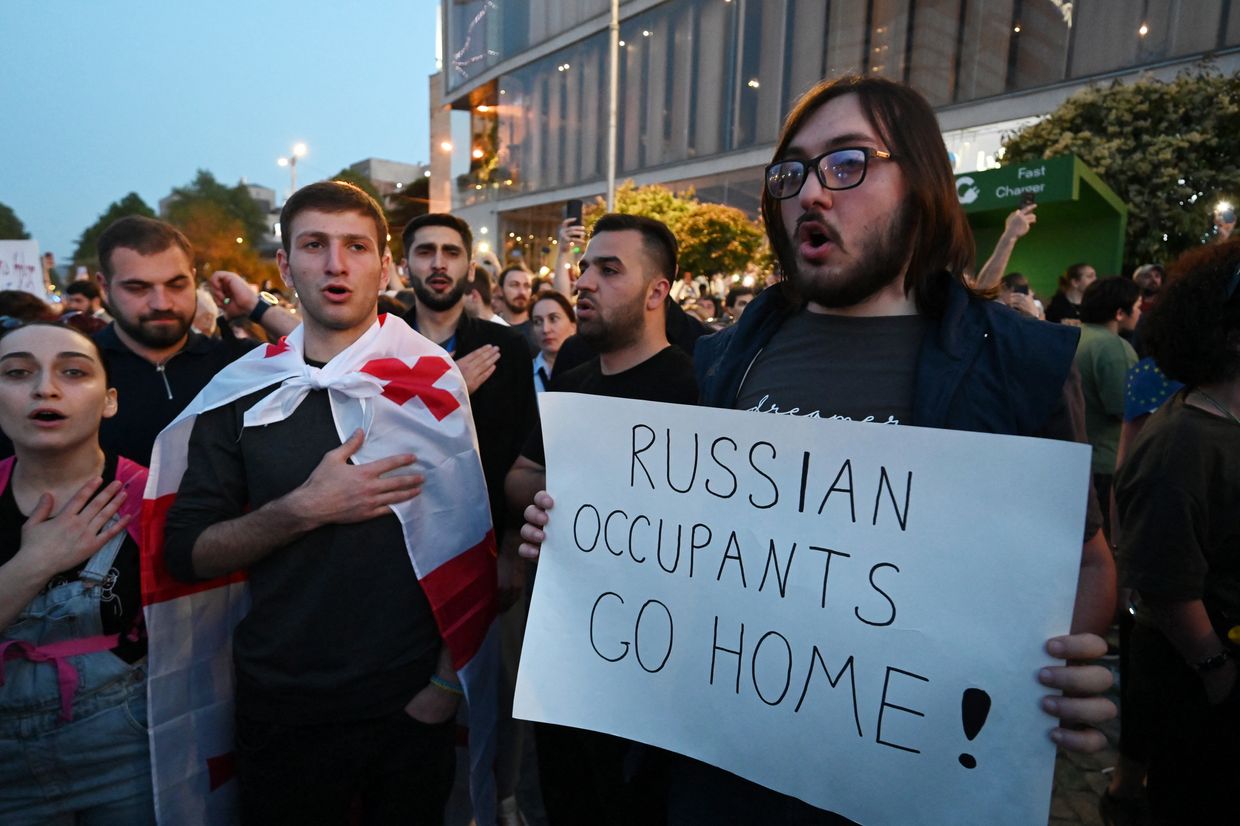
A Tbilisi court has dismissed all 11 lawsuits filed by Georgian opposition parties and civil society organizations seeking to invalidate protocols issued by district election commissions, News Georgia reported on Nov. 14.
The plaintiffs, including the “The Unity—National Movement” and “Strong Georgia” coalitions as well as the Association of Young Lawyers of Georgia, alleged that violations of voting secrecy occurred during the parliamentary elections.
The ruling comes amid the pro-EU opposition’s refusal to recognize the victory claimed by the ruling Georgian Dream party, which has close ties to Russia. The disputed results have triggered large-scale protests in Tbilisi.
Opposition parties argue that the insufficient opacity of ballots allowed outsiders to see voters’ choices, violating secrecy. They also reported instances of voter bribery, intimidation, and interference with election observers.
Judge Iveri Abashidze dismissed the lawsuits as “groundless.” Although filed separately, the cases were consolidated into a single trial with the Central Election Commission (CEC) as the defendant.
Tamar Kordzaya, a representative of the “The Unity—National Movement,” accused the judge of disregarding the evidence, claiming the issue had been “pre-decided,” according to News Georgia.
The opposition has one final chance to challenge the results after the CEC publishes its final protocol, expected by Nov. 21.
Previously, the court had invalidated the results at 30 polling stations, citing voting secrecy violations.
Official results show Georgian Dream securing nearly 54% of the vote, but opposition leaders and international observers have highlighted widespread allegations of intimidation, ballot-stuffing, and vote-buying.
On Oct. 27, Prime Minister Irakli Kobakhidze announced that parliament would approve the government despite opposition protests. Meanwhile, opposition leaders have urged international actors not to recognize the results.
Georgian Dream has faced accusations of democratic backsliding and steering the South Caucasus country closer to the Kremlin. Earlier this year, the controversial “foreign agents” law sparked mass protests and violent crackdowns by police.
Following the election, the European Commission announced the suspension of Georgia’s EU accession process, highlighting the growing rift between Tbilisi and the West.

